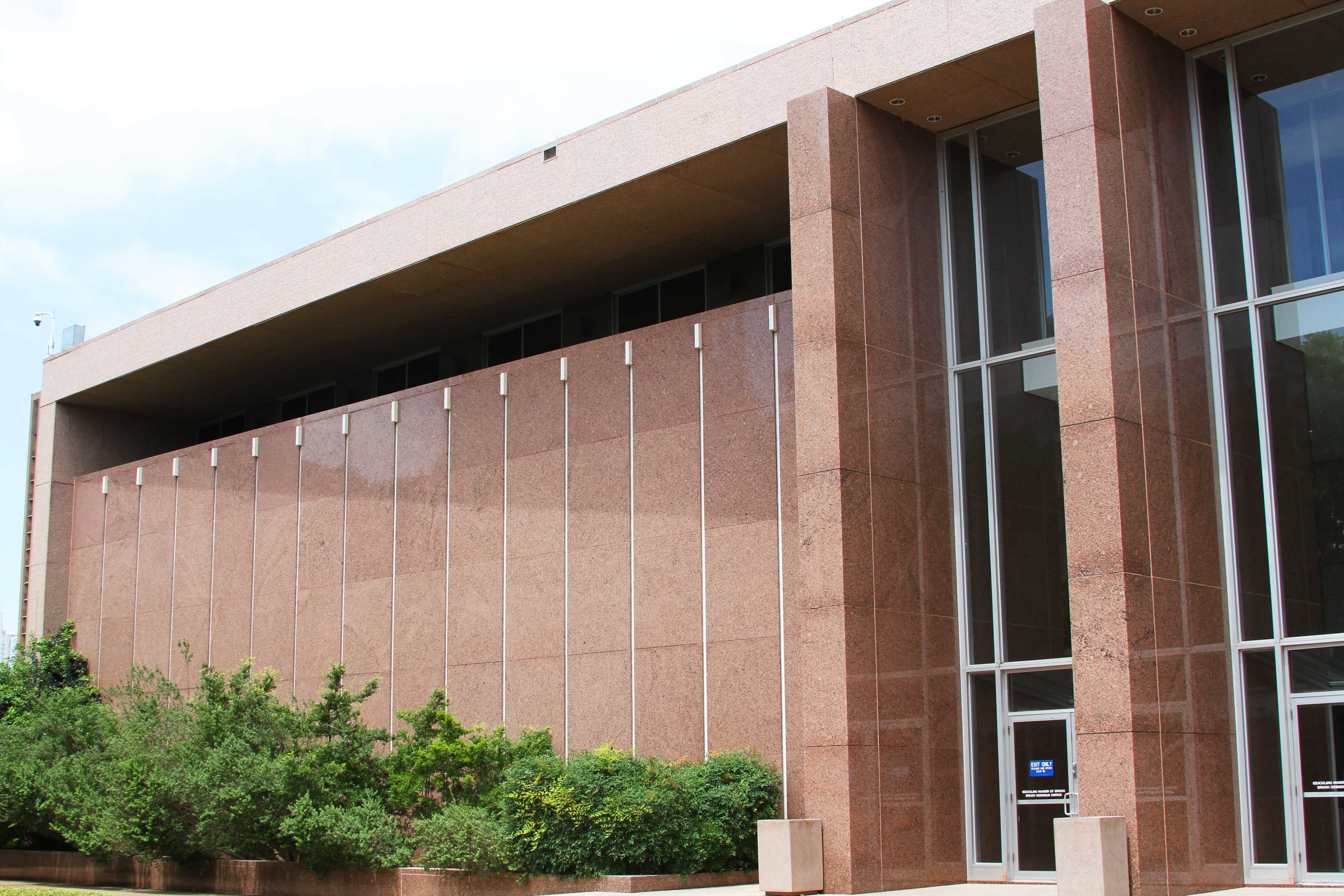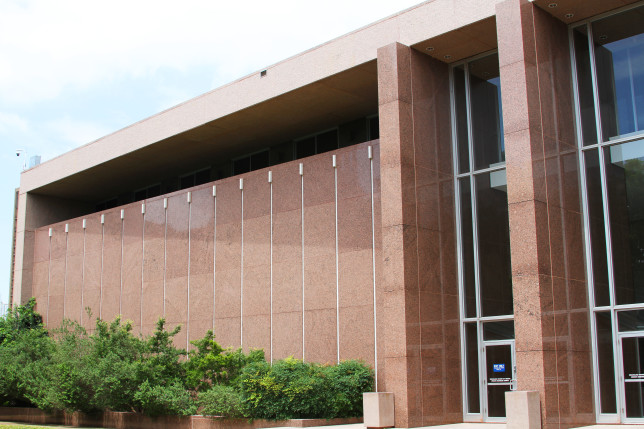Ex Parte Fournier
WR-82, 102-01
Case Summary Written by Austin De Boer, Staff Member.
JUDGE KEASLER delivered the opinion of the court, in which JUDGES MEYER, HERVEY, RICHARDSON, and NEWELL joined. JUDGE ALCALA concurred. JUDGE YEARY dissented, in which PRESIDING JUDGE KELLER joined. JUDGE JOHNSON concurred.
Curtis Fournier (the applicant) was convicted of online solicitation of a minor under Texas Penal Code § 33.021(b). The applicant filed an application for writ of habeas corpus. He sought relief based on the court’s recent decision in Ex Parte Lo, where it reasoned Texas Penal Code § 33.021 was unconstitutionally broad, and, therefore, a legal nullity. The appellant provided two claims for relief: (1) actual innocence; and (2) post-conviction nullification of his conviction because § 33.021(b) was unconstitutionally overbroad. The court took issue with the applicant’s claim of actual innocence, but agreed that he was entitled to relief under his second claim based on Lo.
Issue: “Whether Lo entitles Applicants to relief under an ‘actual innocence’ theory.”
Principally, the court examined the historical scope of actual innocence jurisprudence, finding the Due Process Clause of the United States Constitution would entitle the applicant to relief if he could prove “by clear and convincing evidence . . . that a jury would acquit him based on this newly discovered evidence.”
Furthermore, the court reaffirmed its holding in Ex Parte Rich, where it concluded that a post-conviction determination that a conviction was illegal does not render the convict actually innocent. The court referenced its holding in Wilson v. State, where it expanded on its rationale in Rich, and found that actual innocence claims will only succeed where the convict introduced new evidence to show that he “did not, in fact, commit the offense or any lesser-included offenses.”
Here, the applicant did not allege any new evidence that would show, by clear and convincing evidence, that a reasonable jury would not convict him of online solicitation of a minor beyond a reasonable doubt, especially because the applicant pled guilty to the offense at trial. Therefore, the applicant “d[id] not assert claims of actual innocence for which relief may be granted.” However, the applicant was entitled to relief under Lo because § 33.021(b) was unconstitutionally broad. The court set aside the judgment of the applicant’s conviction, and remanded the case to the respective trial court to dismiss the indictment.
JUDGE ALCALA, concurring.
Judge Alcala agreed with the majority’s conclusion that the applicant failed to satisfy the requirements of a claim for relief based on actual innocence. The applicant committed the act of online solicitation of a minor, which, prior to Lo, was a criminal offense. The applicant introduced no new evidence to suggest he did not commit the offense—there has only been a change in law. A change in the law is wholly inadequate to establish actual innocence and only establishes “legal innocence” because there is no longer authority to enforce an unconstitutional statute. Therefore, such legal innocence, alone, does not establish the factual innocence necessary to sustain relief under a claim of actual innocence.
Judge Alcala also agreed that the court should apply the rule in Lo retroactively. Because § 33.021(b) is no longer in effect, there exists no authority under the law to continue punishing those convicted under it. The applicant was due relief based on the unconstitutionality of § 33.021(b), but not based on his claim of actual innocence.
JUDGE YEARY, dissenting, in which PRESIDING JUDGE KELLER joined.
The dissent agreed with the majority’s holding that the applicant was not entitled to relief based on his claim of actual innocence. The dissent, however took issue with the court’s application of Lo to those previously convicted under § 33.021(b). Traditionally, where a statute is facially unconstitutional, a court may apply relief retroactively. The court, however, nullified § 33.021(b) based on the First Amendment Overbroad Doctrine, which has a lower burden of proof than a traditional facial challenge to the constitutionality of a statute.
As a result, Judge Yeary wanted to take briefing on the issue of “whether the Court should limit post-conviction relief to those applicants who can establish that their conduct did not fall within the plainly legitimate sweep of the overbroad statute.” Because the applicant made no showing that § 33.021(b) was unconstitutional as applied to his conduct, and because the court did not order briefing on this issue, Judge Yeary dissented.


